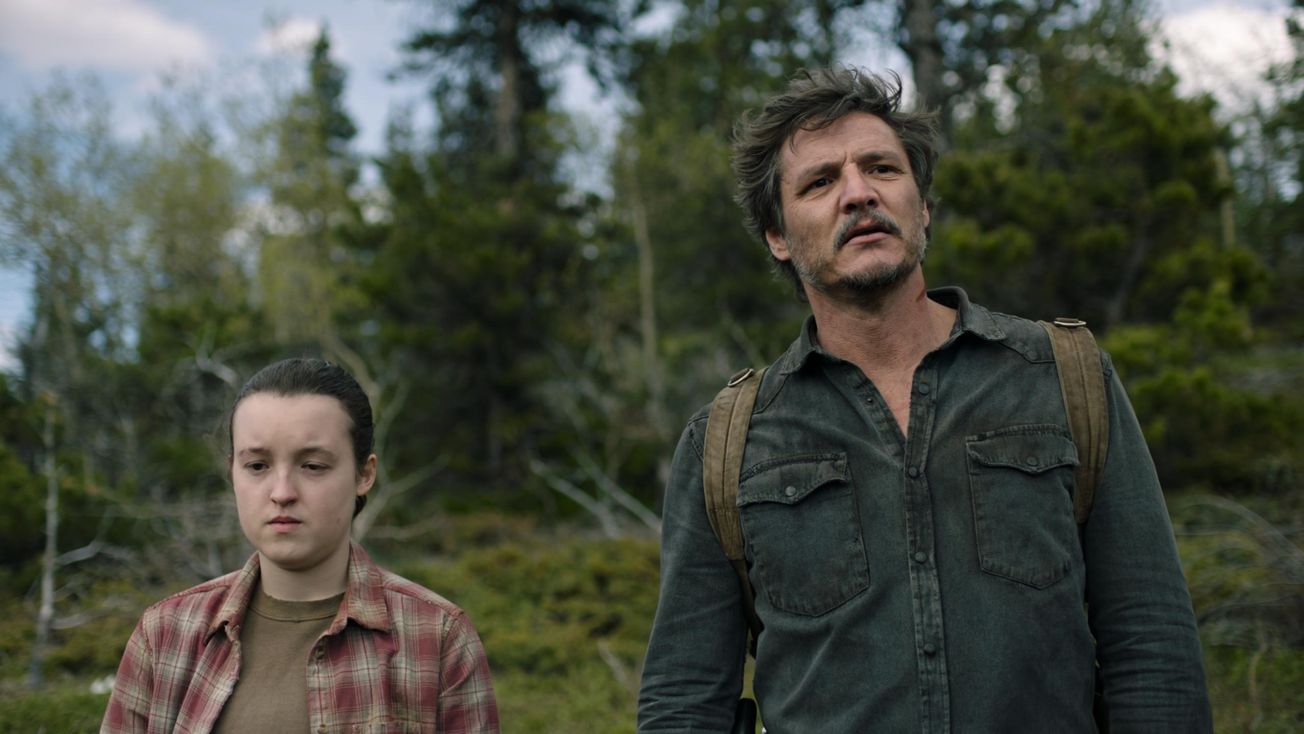By Barney Johnson, Third Year, Film
[ FULL SEASON SPOILERS AHEAD ]
With the first season of HBO’s The Last of Us having just premiered and come to a close, it can now be compared in full to the video game it is adapted from. The admittedly widespread concern that the series would not warrant its existence beyond a retelling of the 2013 game was definitively put to rest more and more, with each episodic instalment further vindicating Neil Druckmann and Craig Mazin’s endeavour to resurrect a beloved narrative in the medium of television.
As each week passed, viewers became more and more familiar with Pedro Pascal and Bella Ramsey’s portrayals of Joel and Ellie, and as the legacy of Troy Baker and Ashley Johnson began to dissipate for the time being, the lead actors truly shone in bringing more nuance and humanity to characters who were already incredibly well-written and performed.
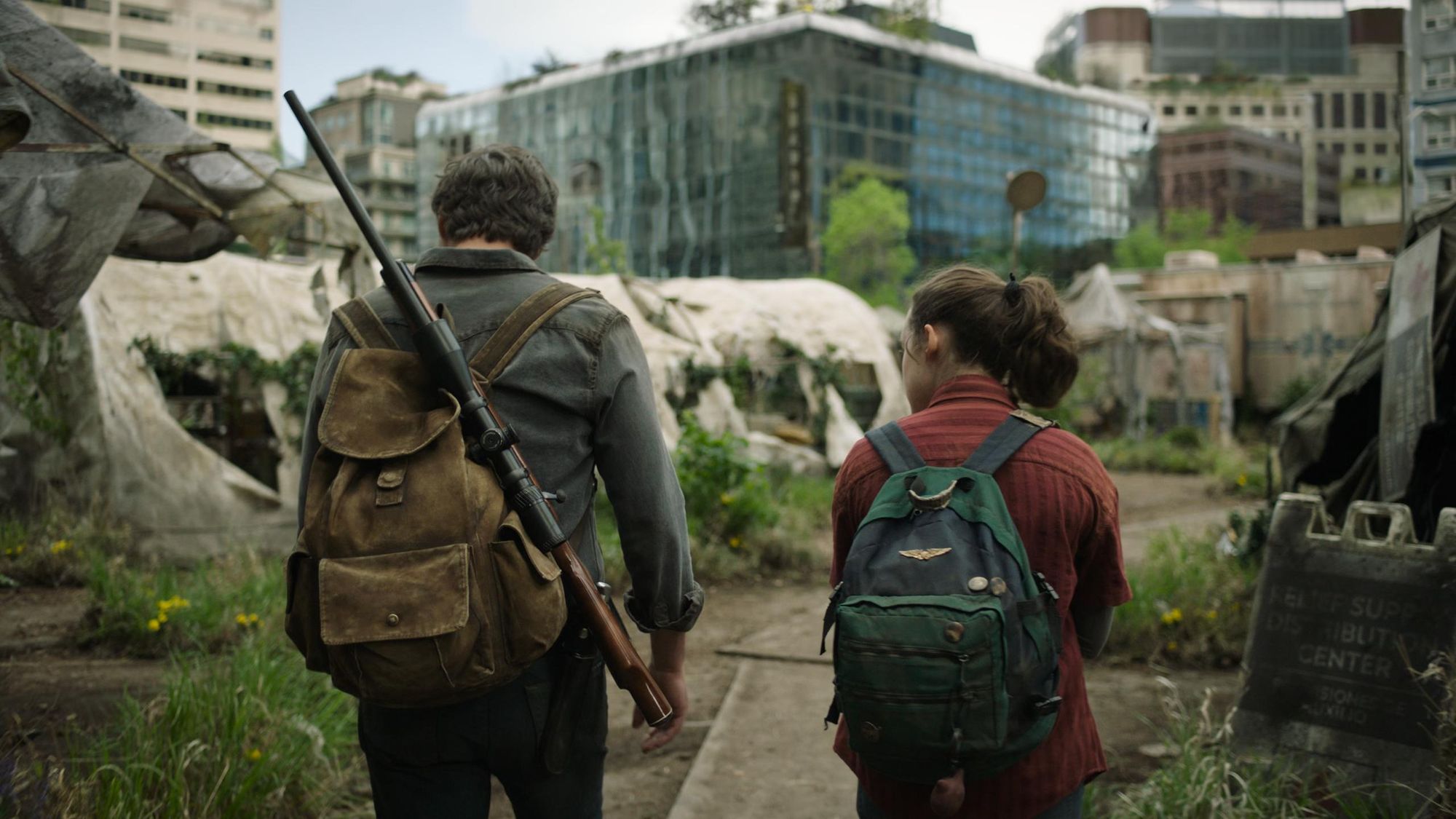
Pascal trades Joel’s ruthlessness from the game for a more vulnerable and broken man, weathered by the trauma of his past and the sins of his response to them. It is demonstrated throughout the series that Joel still retains that merciless attitude from Baker’s version that enabled him to endure twenty years of life after the infection outbreak, but Pascal triumphs in making Joel feel less like some kind of cold-blooded killing machine and more like a determined but damaged man, driven by the darkness that fills his heart in the wake of his failure to protect his daughter.
Ramsey more than matches Pascal in showcasing a mastery of complex emotional performance, with Ellie feeling even more realising than she did in the game; the traumas, the horrors, and the gradual degradation of her spirit as the world she lives in constantly reminds her that she has not been, nor will she ever be, afforded the chance to live a healthy and natural childhood, is displayed with both grace and rawness in equal measure.
Their chemistry, which the whole crux of the narrative hinges on, is palpable and a real treat to experience as the characters warm to each other, making the tragedy of the finale’s events all the more bitter-sweet.
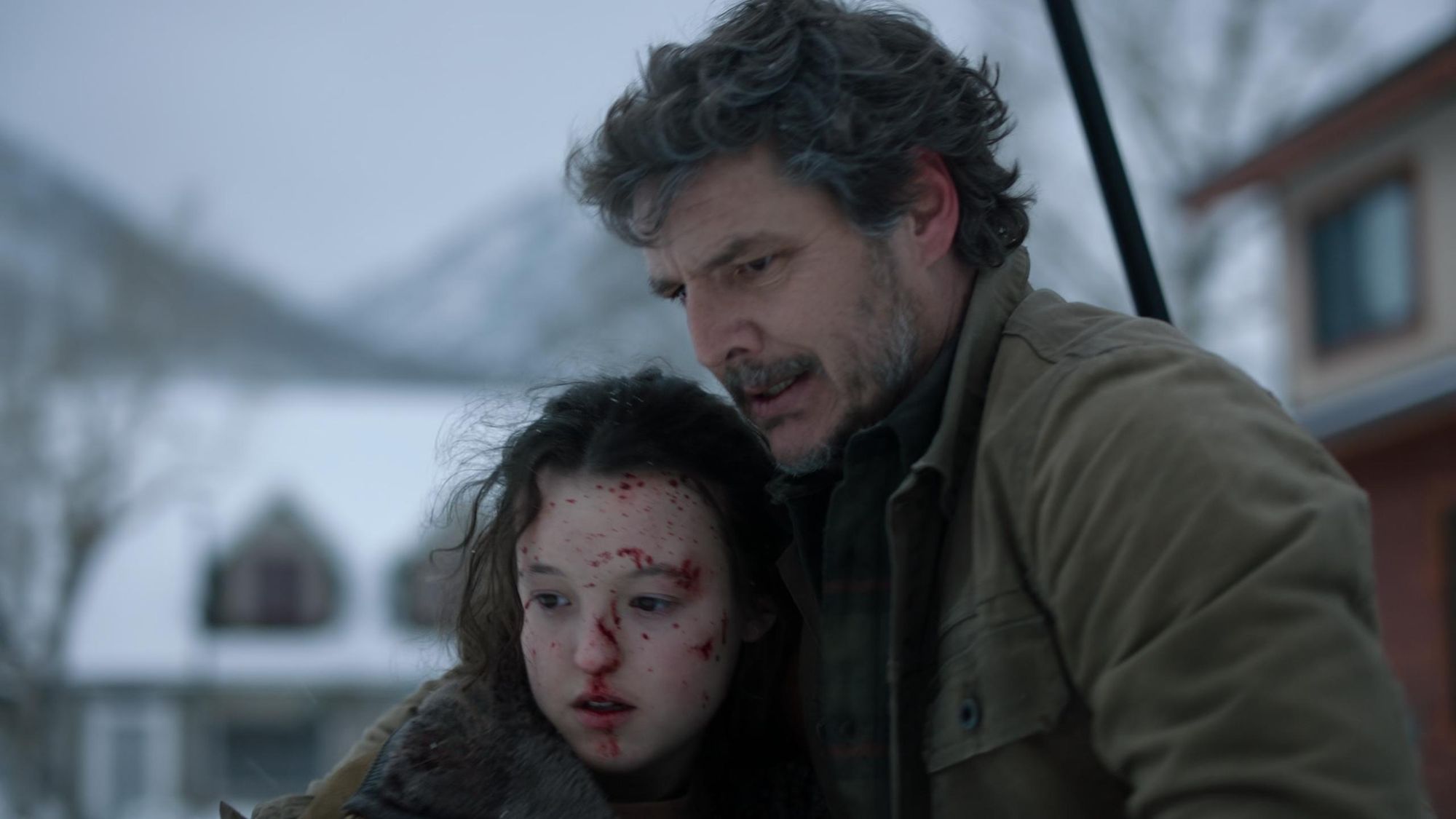
Supporting characters that appear throughout the series range from show-stealing to forgettable or somewhat underdeveloped. Naturally, the disadvantage of television over a video game is that there is a much tighter control over screen time and how long the audience spends with given characters.
Whereas in a video game, one may have the agency to explore and play around with side characters as much as they may wish, in a TV programme, this is not really possible, and as such, one of The Last of Us’ only fallible elements is in its pacing.
The characters of Bill and Frank are perhaps the greatest change the series made, with Episode 3 being one of the most powerful and beautiful episodes of television I can recall watching.
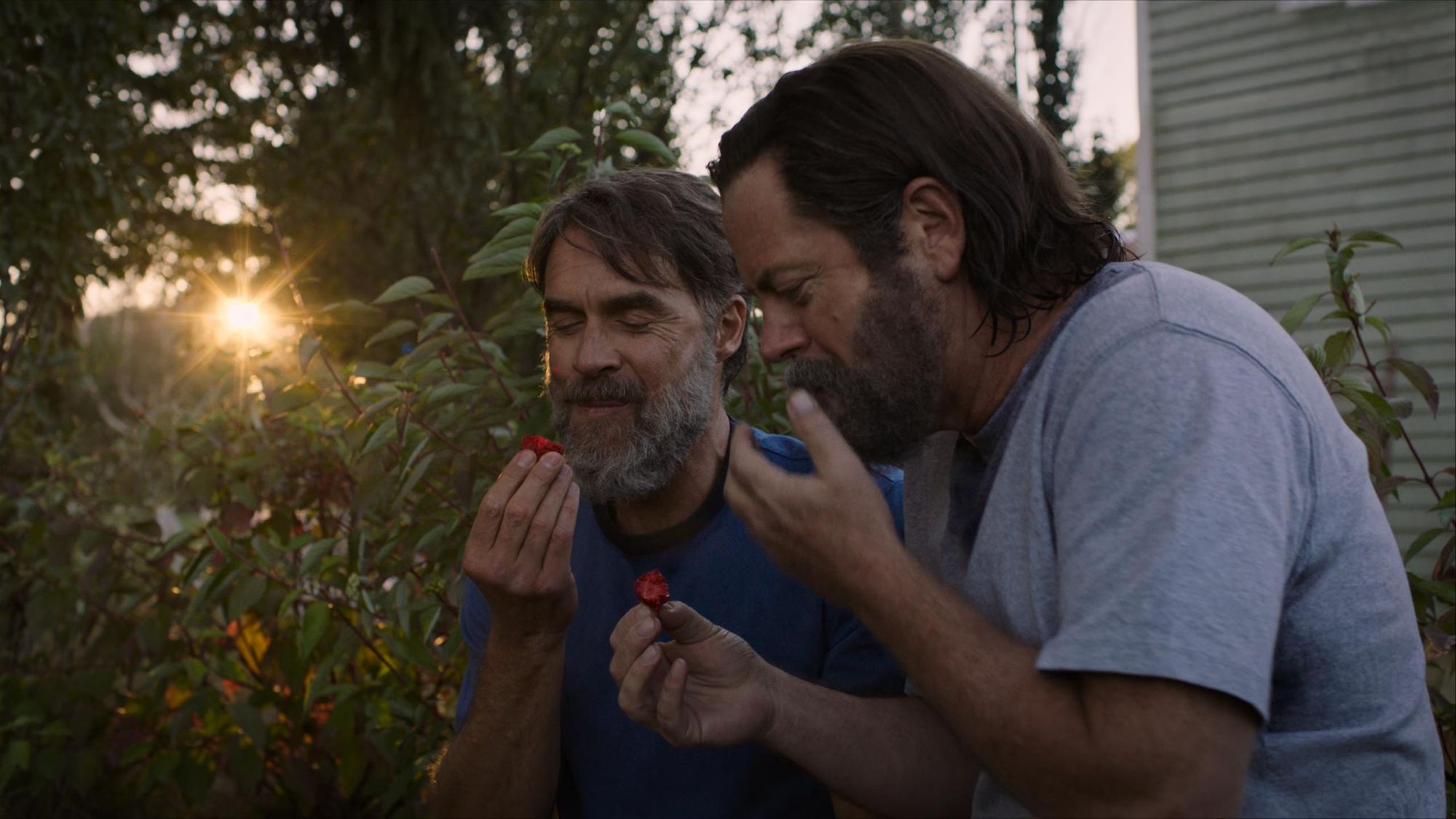
Nick Offerman and Murray Bartlett bring such range and emotional versatility to their roles as Bill and Frank, and the love their characters share is so wonderfully brought to life through stunning performances and extremely poignant shots and some sublime editing choices.
The characters of Sam and Henry are also a great translation from the game, with the decision to make Sam deaf and much younger than Ellie altering their dynamic from one of the teenage friends to a supportive surrogate sibling relationship, which in turn makes his death all the more soul-shattering.
As previously mentioned, the video game still reigns supreme in making these characters more familiar to the audience as they can spend more time with them, but what the show lacks in screen time to allocate to these characters, it more than makes up for with its rich characterisation and thematic potency.
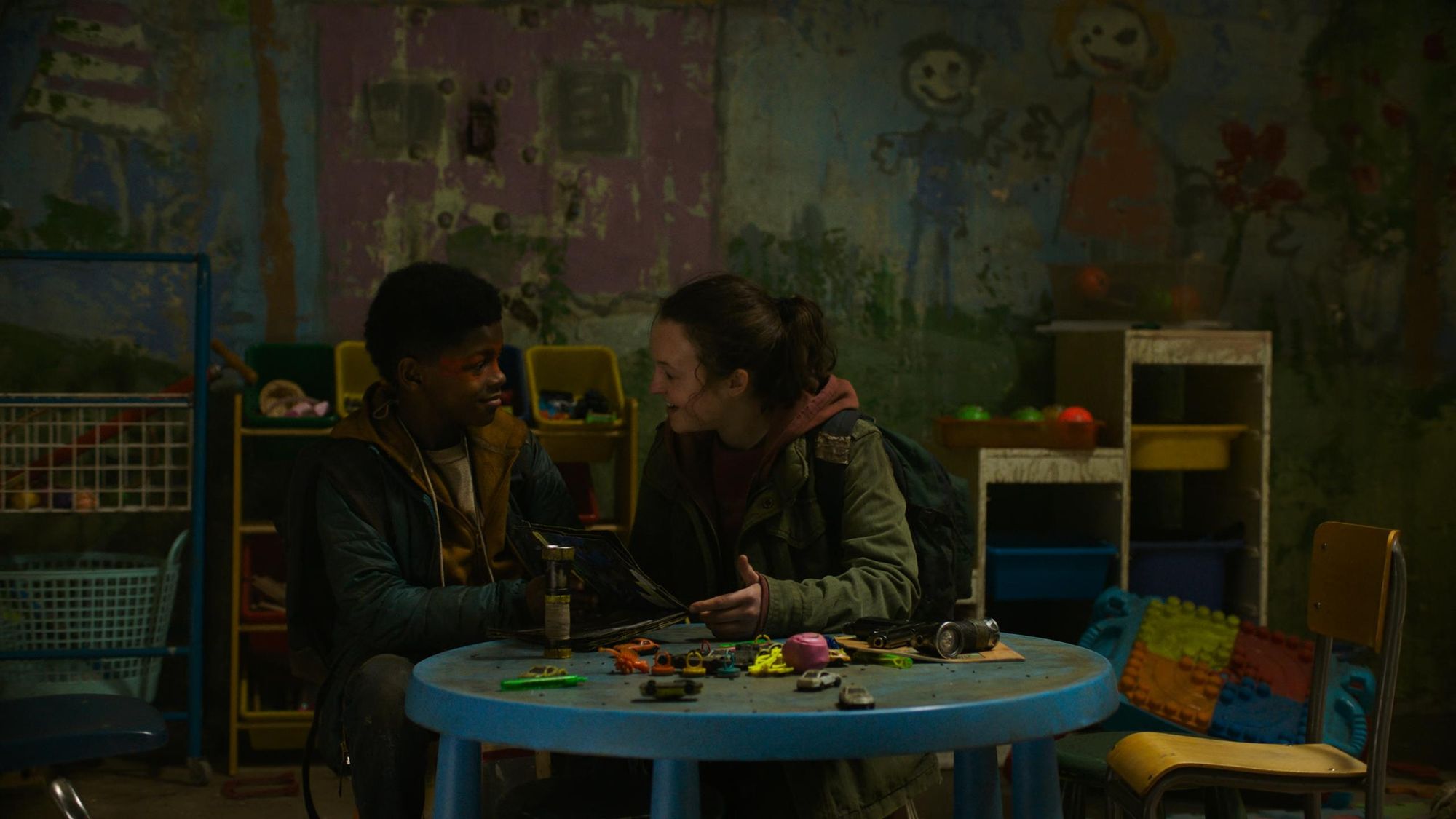
The series suffers more so with its antagonistic characters, who really just lack that extra bit of screen-time and depth required to warrant them as significant obstacles on the protagonists’ journeys, such as Kathleen, Robert, and even the monstrous David, whose role in both the series and the game is paramount to Ellie’s development into a hardened survivor and serves as an effective foil to Joel’s own deplorable actions.
In truth, David’s portrayal in the game is a much more haunting and memorable one, as his soft-spoken voice and friendly demeanour make for such an effective juxtaposition to the violence and depravity lurking within him; and the chilling reveal he makes to Ellie as they sit opposite one another in the cabin is much more enthralling and tonally impactful as the game makes them fight off a horde of infected beforehand, so the audience is forced to trust him and feel safe around him.
The series never affords these characters that final piece of characterisation and space to breathe on the page for them to truly resonate as I would have liked them to, and although they are still relevant and effective features to the episodes they appear in, I do wish they could have been given more development.
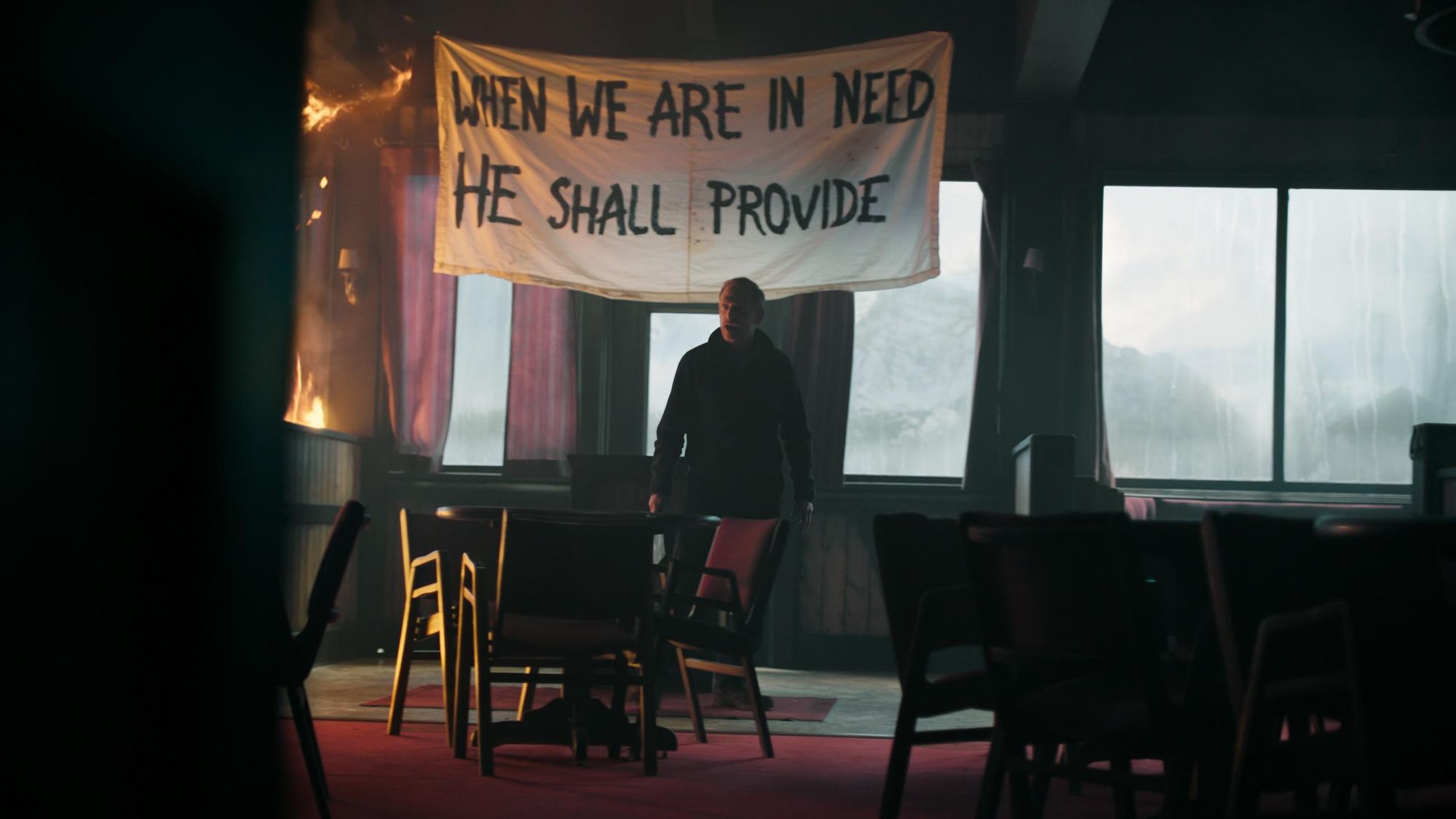
The complaint levied at the series that the infected do not make a prominent enough appearance is, to me, mostly invalid, on account of them primarily serving as a gameplay device to space out the cinematic cut-scenes and pivotal character moments throughout the game.
Very few significant plot points actually involve the infected, and the ones that do all carry over onto the series, be it the initial outbreak, Riley and Ellie’s tragic final moments, or the heartbreak of Sam and Henry’s story.
When they do appear, they are just the perfect concoction of abhorrent, macabre, and insurmountable to make their scarcity at least seem memorable and something to revere, with the massacre in the climax of Episode 5 being one of the standout sequences of the entire series.
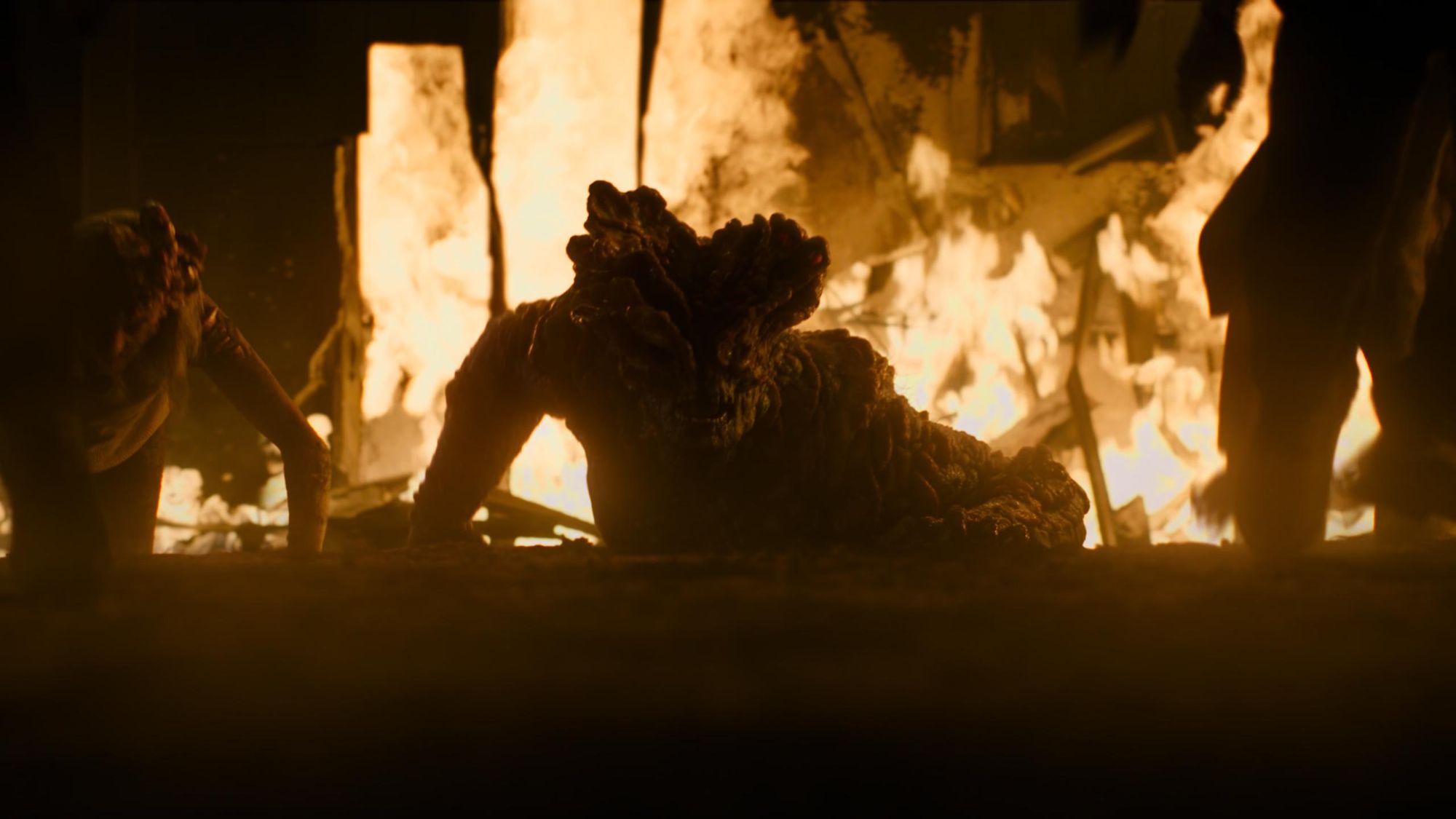
However, as stated prior, the series would have benefitted from making more of an appearance in the Winter section of the narrative, as a crucial facet of that part is making Ellie come across as under threat from multiple dangers in the absence of Joel, thus raising the stakes of her having to be independent and rely on what she has learnt from him.
The first season of The Last of Us does mark a potentially seminal moment in the development of the cinematic industry’s acceptance of video games and the boons they can offer studios with the bravery and ambition to adapt them.
That is not to say the series was devoid of weaknesses or without flaws, and some will still be jaded by the changes made from the original game, but it was packed to the brim with cathartic character moments, harrowing horror sequences, and visually arresting cinematography; Ellie captures this sentiment best in Episode 2: ‘Jury’s still out… but man, you can’t deny that view’.
Featured Image: Courtesy of HBO Max on IMDB
Do you think the HBO series did justice to the known and loved 2013 video game?

